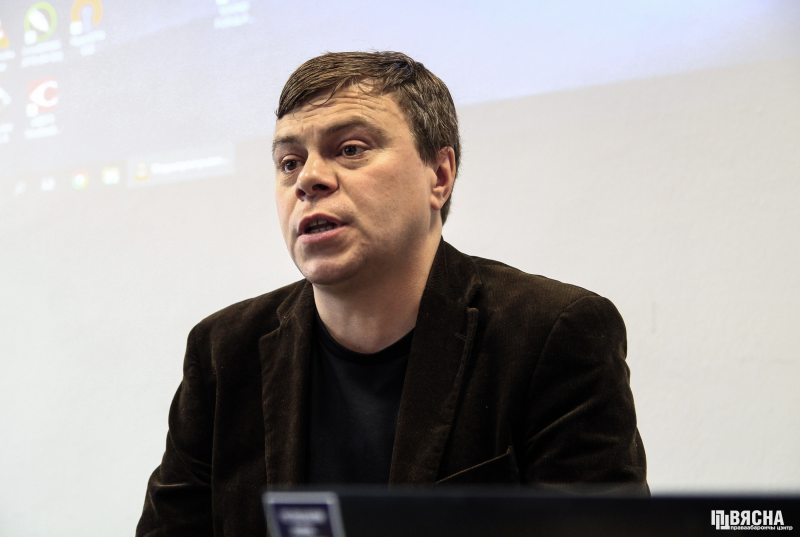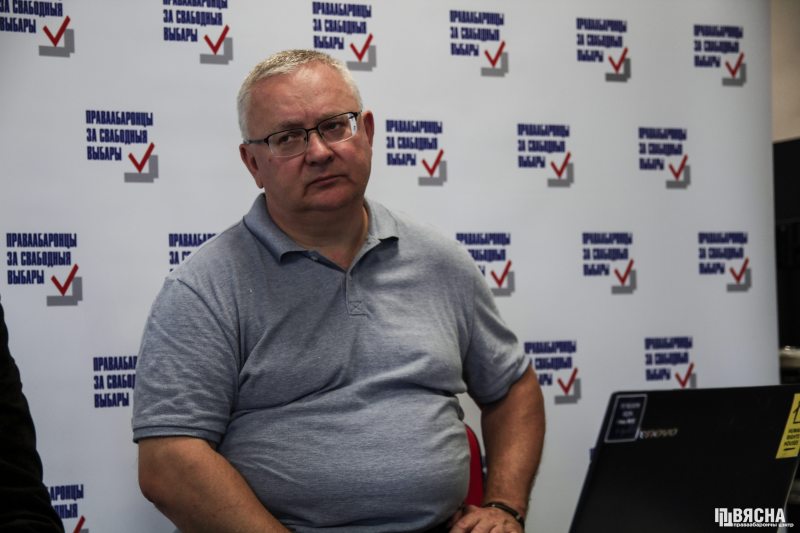
You can find the analytics for this election campaign in Documents.
The political background has not changed since last year’s local elections, coordinators of the campaign “Human Rights Defenders for Free Elections” said at a press conference organized at Belarus Press Club to announce the launch of the non-partisan election observation.
Aleh Hulak (Belarusian Helsinki Committee) and Uladzimir Labkovich (Human Rights Center "Viasna"), however, stressed that by appointing elections in the fall of 2019, the Central Election Commission scrapped nearly 12 months (two sessions) of the Parliament elected in 2016, thus grossly violating the Constitution.
According to the human rights activists, the authorities once again ignored numerous recommendations by OSCE ODIHR and “Human Rights Defenders for Free Elections”.
“There were no significant changes in the electoral legislation. Minor developments in the guidelines for election commissions do not fundamentally change the situation. Of course, we welcome some positive aspects: for example, the observers’ right to take photographs at polling stations, additional conditions for people with disabilities, elimination of the controversial notion of “political qualities” applied to people seeking membership in election commissions. However, it’s all lipstick, as it does not bring us closer to truly democratic elections,” Labkovich said.
Viasna’s representative says the observers still insist on systemic reform of the basic procedures governing the elections, including the formation of election commissions, early voting, the counting of the votes and post-election complaints and appeals.
“We have always criticized the vote-counting procedure, which, in our opinion, is not something that reflects the results of voting. The final figure is only known to the election official who puts it in the final protocol,” Hulak said.
“We believe that representatives of political parties should be given priority in the formation of election commissions. Early voting should be abolished as much as possible, and we must finally have clear criteria of who is eligible to vote early,” Labkovich said.
The human rights defenders also predict that the campaign will take place against the background of indifference, both by the voters and the political actors.
The monitoring will involve 40 long-term and 300 short-term observers. The LTOs will be deployed across Belarus to monitor every stage of the elections. The STOs will be recruited during early voting and on the voting day at 200 polling stations.






